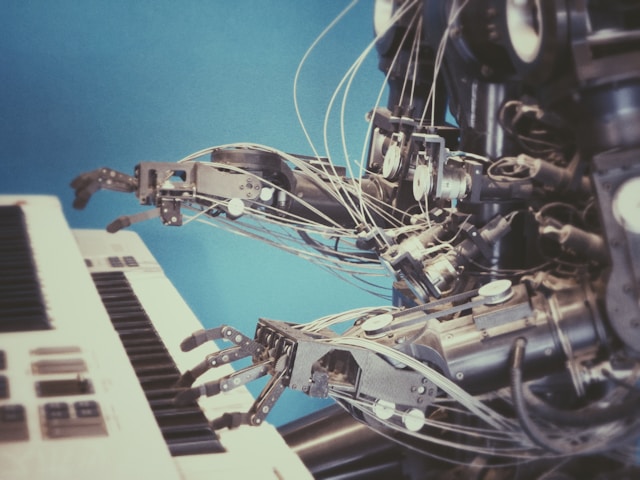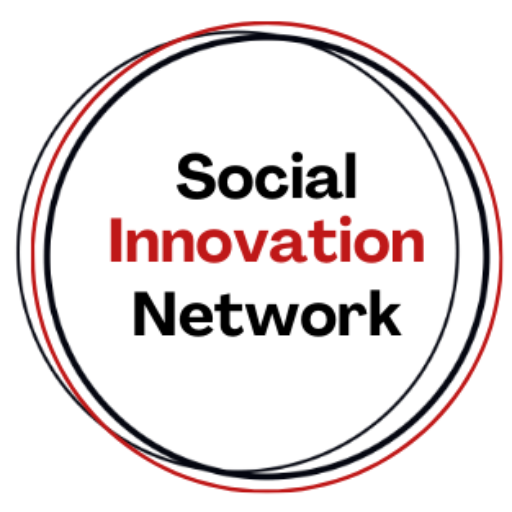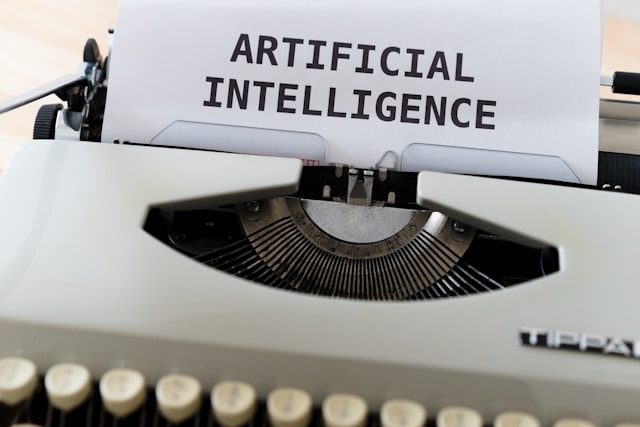The dawn of the artificial intelligence (AI) era has ushered in a wave of social innovations that are fundamentally transforming the way we live, work, and interact. These innovations, leveraging the immense capabilities of AI, are addressing some of the most pressing social challenges, enhancing human well-being, and fostering more inclusive and resilient communities.
1. Healthcare Revolution
One of the most significant impacts of AI is in the healthcare sector. AI-driven diagnostics, predictive analytics, and personalized medicine are revolutionizing patient care. Algorithms can analyze vast amounts of medical data to identify patterns and predict diseases with unprecedented accuracy. For instance, AI systems are now capable of early detection of conditions like cancer and diabetes, significantly improving patient outcomes.
Telemedicine, powered by AI, has also become a vital tool, especially highlighted during the COVID-19 pandemic. It allows remote consultations, reducing the burden on healthcare systems and providing access to medical care in underserved areas. AI-driven chatbots and virtual health assistants are further augmenting patient care by providing round-the-clock support and information.
2. Education Transformation
AI is playing a crucial role in transforming education, making it more accessible and personalized. Intelligent tutoring systems and adaptive learning platforms use AI to tailor educational content to the individual needs of students. These systems can identify learning gaps, suggest resources, and adjust the pace of teaching, ensuring that each student receives a customized learning experience.
Moreover, AI is breaking down barriers to education for those with disabilities. For example, AI-powered speech recognition and translation tools are aiding students with hearing impairments, while text-to-speech technologies support those with visual impairments.
3. Economic Inclusion
AI innovations are driving economic inclusion by creating new opportunities for marginalized communities. Microfinance institutions are leveraging AI to assess creditworthiness and provide loans to individuals without traditional credit histories, thereby empowering entrepreneurs in developing regions.
In the job market, AI is enhancing recruitment processes and helping match candidates with suitable job opportunities through sophisticated algorithms that analyze skills, experiences, and job requirements. Additionally, AI-powered training programs are equipping workers with new skills, preparing them for the evolving job landscape.
4. Environmental Sustainability
Addressing environmental challenges is another area where AI is making significant strides. AI applications in climate science, such as predictive models and satellite imagery analysis, are improving our understanding of climate change and aiding in the development of mitigation strategies.
Smart agriculture, driven by AI, is optimizing resource use, enhancing crop yields, and reducing environmental impact. AI systems analyze weather patterns, soil conditions, and crop health to provide farmers with actionable insights, thereby promoting sustainable farming practices.
5. Enhanced Accessibility
AI is enhancing accessibility and inclusivity in various aspects of life. For instance, AI-powered applications are helping people with disabilities navigate their environments more easily. Visual recognition technologies can describe surroundings for visually impaired individuals, while natural language processing tools assist those with speech and hearing impairments.
Furthermore, AI is making digital content more accessible. Automatic captioning, translation, and content summarization tools are enabling people from diverse linguistic and cultural backgrounds to access information and participate in global conversations.
6. Strengthening Governance and Civic Engagement
AI is also playing a pivotal role in improving governance and civic engagement. Governments are utilizing AI to enhance public services, optimize resource allocation, and streamline administrative processes. AI-driven data analysis is helping policymakers make informed decisions by providing insights into social and economic trends.
Civic engagement is being bolstered by AI through platforms that facilitate greater citizen participation in decision-making processes. These platforms analyze public sentiment and gather feedback, enabling more responsive and transparent governance.
Challenges and Ethical Considerations
While the potential of AI-driven social innovations is immense, it is crucial to address the ethical considerations and challenges that accompany them. Issues such as data privacy, algorithmic bias, and the digital divide must be carefully managed to ensure that AI benefits all members of society equitably.
The era of artificial intelligence (AI) is driving significant social innovations, particularly in the healthcare sector. AI’s impact is vast, ranging from enhancing diagnostic precision to transforming patient care and administrative processes.

AI in Medical Diagnostics
AI is revolutionizing diagnostics by improving the speed and accuracy of disease detection. Machine learning algorithms can analyze complex medical data quickly, uncovering patterns that might be missed by human doctors. For instance, AI tools are now used to predict disease risks through the analysis of biomarkers, which helps in designing personalized treatment plans for patients (Med-Tech Innovation) (Nature). Google is working on integrating AI into healthcare products to improve clinical documentation and streamline processes, thus allowing clinicians to focus more on patient care (Fierce Healthcare).
Drug Discovery and Development
AI accelerates the drug discovery process by sifting through large databases of chemical compounds to identify potential drug candidates much faster and at a lower cost compared to traditional methods. AI-powered platforms like DeepChem can predict how drug molecules will interact with biological structures, which significantly shortens the time required to develop new treatments for diseases such as cancer and Alzheimer’s (Learn Hub | G2).
Clinical Research and Remote Monitoring
AI is also enhancing clinical research by automating data collection and analysis. This includes matching patients to clinical trials based on various data sources and managing participant data through wearable technology. Such advancements not only improve the efficiency of clinical trials but also ensure more accurate and comprehensive data collection (Learn Hub | G2). Additionally, AI-powered remote monitoring tools and virtual assistants are making it possible for patients to receive care at home, thereby reducing the need for hospital visits and allowing for continuous health monitoring (McKinsey & Company).
Administrative Efficiency
AI is significantly reducing the administrative burden in healthcare. Automation of tasks such as patient scheduling, medical billing, and electronic health record management helps in minimizing errors and optimizing workflows. This not only alleviates clinician burnout but also enhances the overall patient experience by reducing wait times and ensuring accurate medical records (Learn Hub | G2).
Future Prospects
The ongoing integration of AI into healthcare is expected to continue growing, with innovations like handheld diagnostic devices and continuous monitoring wearables becoming more prevalent. These tools will enable rapid, accurate diagnostics and proactive health management, shifting the focus from treatment to prevention (Med-Tech Innovation).
In summary, AI is transforming healthcare by enhancing diagnostics, accelerating drug discovery, improving clinical research, and streamlining administrative tasks. These innovations are paving the way for more personalized, efficient, and accessible healthcare.
For further reading, you can explore the sources:






